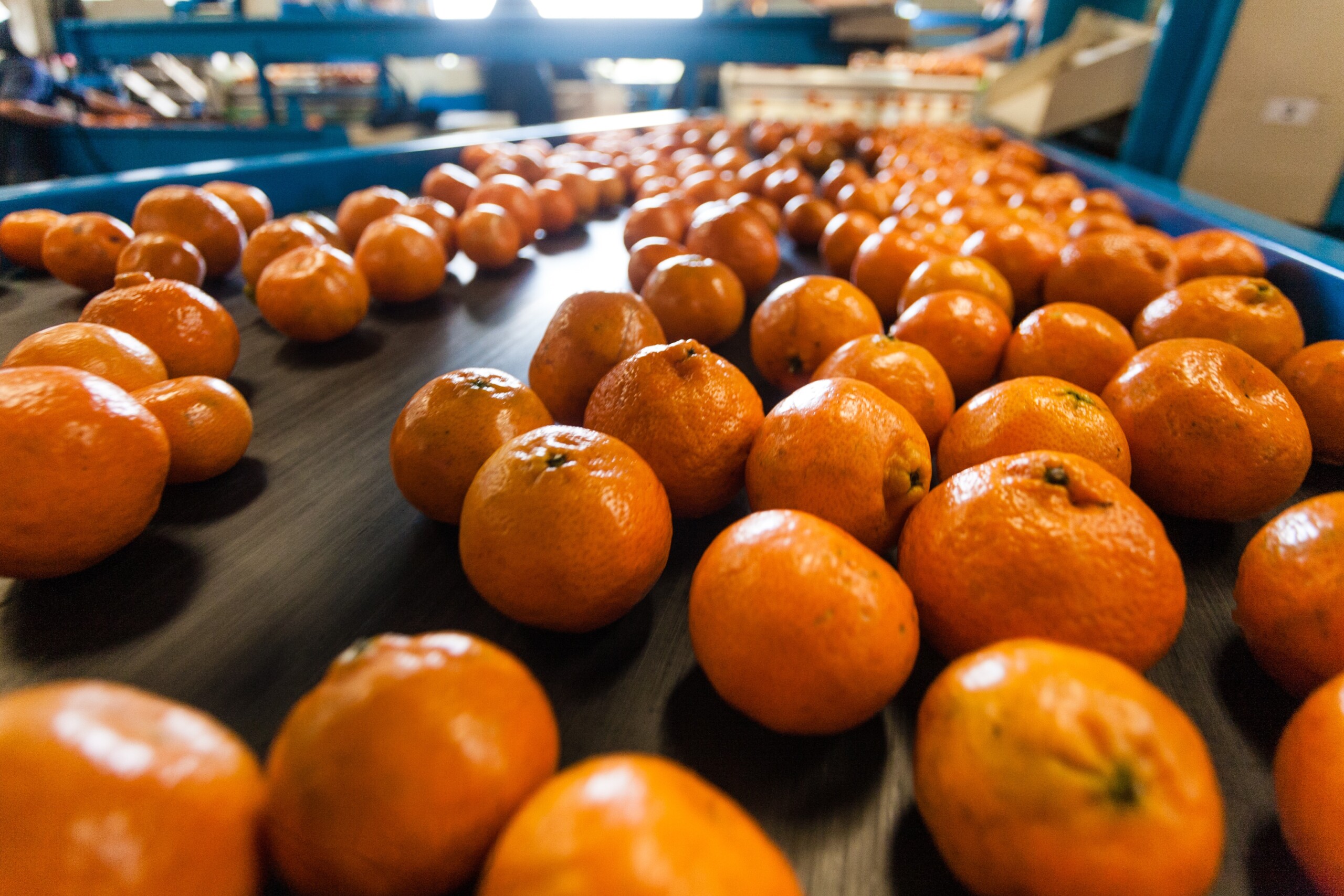A citrus plant struggled with poor settling in the clarifier of its wastewater treatment, which caused the sludge blanket to remain high. Even at a low flow rate of 1.2 million gallons per day (MGD), the high sludge blanked allowed less than 18” of free board. The slightest flow increase caused solids to carry over the weir with the effluent. Since the citrus plant frequently produced wastewater flows 1.5 to 2.5 MGD, the wastewater treatment plant continued to suffer from solids washout and clarifier effluent total suspended solids (TSS) excursions. The citrus plant wastewater treatment was a 6 million gallon per day (MGD) traditional aeration system with secondary clarification.
The Wastewater Manager’s overall objective was to obtain better settling in the secondary clarifier by improving the quality of the biological sludge. High sludge blankets and solids washouts were occurring frequently. A sludge volume index (SVI) of 200 indicated a poor quality sludge with bulking problems. All attempts to cure the bulking, including return sludge chlorination, provided little relief.
To activate the biological processes in the treatment system, Probiotics Solutions® BIO ENERGIZER® was fed directly into the influent flume at the aeration basin. Return activated sludge (RAS) chlorination was continued.
Sludge settling rates began to improve after about 30 days of treatment with BIO ENERGIZER®. A 50% improvement in SVI reduced the sludge blanket and put a stop to TSS excursions into the effluent, improving operation efficiency of the citrus plant wastewater treatment.
Probiotic Solutions® BIO ENERGIZER® is a formulation of nutrients, organic acids, natural biological stimulants, and energy systems that balance the natural microbial ecosystem to increase bio-oxidation capacity in lagoon systems.
Related Posts

This Week in Ag #69
As we celebrate National Dairy Month, my thoughts are with Jack & Frances Watt, my old neighbors (when you live in the country, a “neighbor” can reside within at least 5 miles of you) who were dairy farmers. They were among the hardest working, kindest people I’ve ever known. Vacations were a foreign concept to

Nitrification 101
By Heather Jennings, PE Today we are going to focus on nitrifiers, those wastewater treatment autotrophs that get energy from oxidizing ammonia. (Autotrophs are microorganisms that produce complex organic compounds using inorganic carbon from simple substances as a food source.) Oxidizing ammonia is a fancy way of saying ripping off hydrogens to stick oxygens onto

Use of Biostimulants and Buffers for Upset Recovery in Paper Mill Wastewater Systems
By Heather Jennings, PE Industrial pulp and paper wastewater is considered one of the more challenging waters to treat using biological methods, which depend on microbial activity to effectively remediate the wastewater. Wastewater treatment systems are often influenced/impacted by increased hydraulic and/or COD (chemical oxygen demand) loading as mills add new chemicals or otherwise modify


